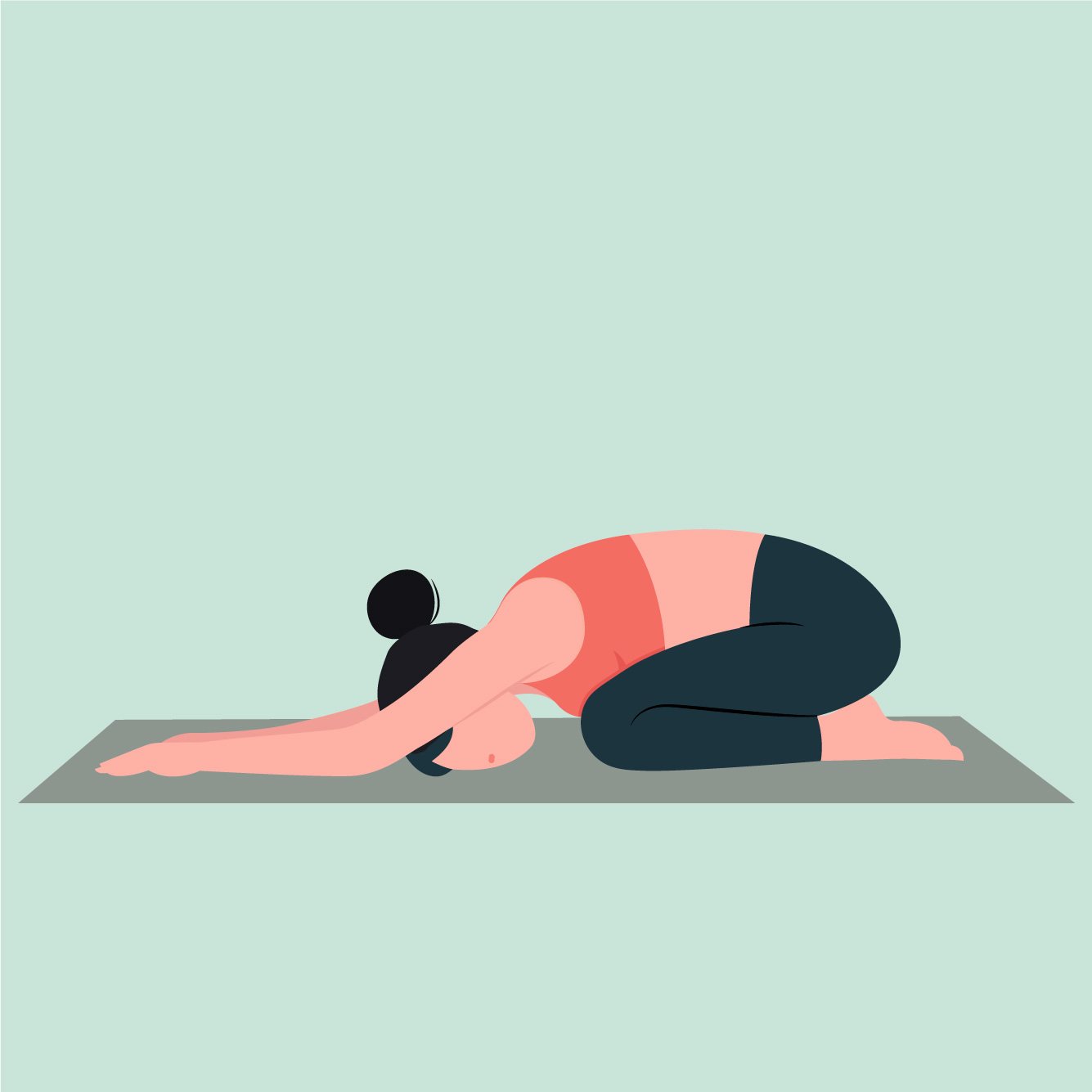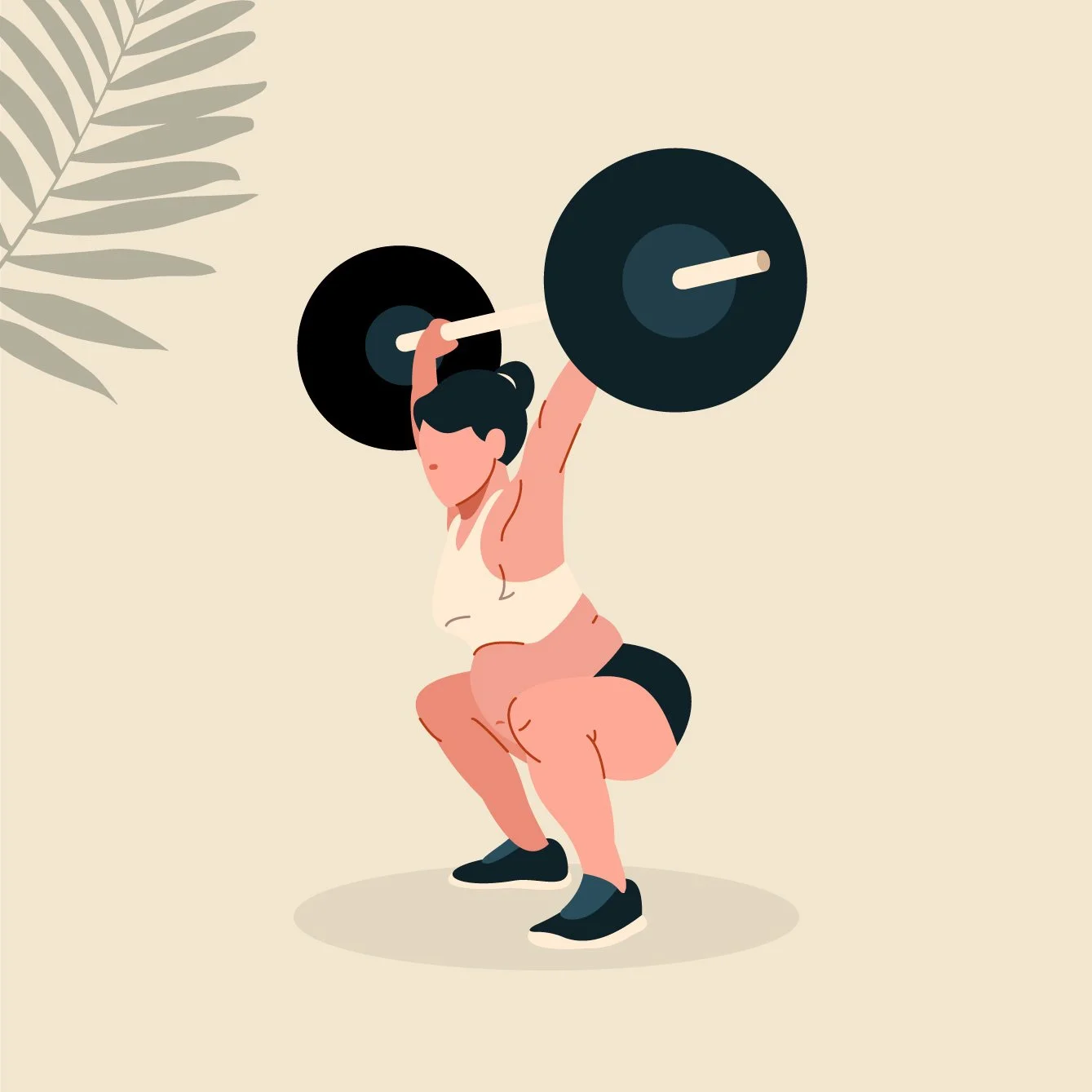Understanding Round Ligament Pain During Pregnancy: Insights from a Pelvic Floor Physical Therapist
Pregnancy is a beautiful journey filled with anticipation and excitement, but it can also bring about various discomforts and challenges for expecting mothers. One common issue that many pregnant individuals face is round ligament pain. This discomfort, originating from the stretching of ligaments supporting the uterus, can cause significant discomfort and impact daily activities. However, as a pelvic floor physical therapist, I'm here to shed light on what round ligament pain is, why it occurs, and most importantly, how to alleviate it.
What is Round Ligament Pain?
Round ligaments are a pair of ligaments that support the uterus in the pelvis. As the uterus expands during pregnancy to accommodate the growing baby, these ligaments undergo stretching and tension, leading to discomfort known as round ligament pain. This pain typically manifests as sharp, stabbing sensations on one or both sides of the lower abdomen, often occurring during sudden movements or changes in position.
Causes of Round Ligament Pain
Understanding the root causes of round ligament pain is crucial for effective management. The primary factors contributing to this discomfort include:
Uterine Growth: As the uterus expands throughout pregnancy, the round ligaments stretch to support its increasing size and weight.
Hormonal Changes: Pregnancy hormones, particularly relaxin, contribute to the softening and loosening of ligaments, making them more susceptible to strain and discomfort.
Postural Changes: Alterations in posture and changes in the center of gravity during pregnancy can place additional strain on the round ligaments, exacerbating pain.
Posture During Pregnancy
As your center of mass changes, there are some unique considerations to help you feel supproted and reduce pain through pregnancy.
Coping Strategies and Management Techniques
As a pelvic floor physical therapist, my goal is to empower expecting mothers with practical strategies to manage and alleviate round ligament pain effectively. Here are some expert tips:
Gentle Movement: Encourage gentle, controlled movements to minimize sudden stretching or strain on the round ligaments. This includes avoiding sudden twists or quick changes in position. Take your time when transitioning from one position to another and keep moving, as this will help alleviate tightness.
Core Control: Incorporating quality core control and strengthening exercises daily throughout your pregnancy can help mitigate pain and improve your recovery postpartum. My favorite move that helps to support the baby and improve pelvic floor mobility in your third trimester is an all-four belly lift with your knees close together and feet spread apart. Think about hugging the baby up and in as you exhale, and inhale trying to keep the baby up. Feel the pressure move out of your low back and hips and up into your ribcage.
Proper Posture: Emphasize the importance of maintaining good posture to distribute weight evenly and reduce the risk of exacerbating round ligament pain. Take a look at the picture above and consider these steps to best support your posture and alleviate undue tension on the round ligament:
Feel both feet flat on the floor
Bend both knees slightly
Gently tuck your tailbone under your without feeling your glutes squeeze
Exhale and hug baby up and in
Pelvic Support Products: I encourage building internal strength through muscles, but during the last trimester, I totally support the use of external garments like support bands and maternity belts to provide additional support to the pelvis and alleviate strain on the round ligament.
Bao Bei Support Band has a great overall support band that my patients LOVE for many different issues
Pelvic Support Band this band helps provide more low belly and pelvic support for pain that is lower in the abdomen. It’s great for heaviness in the pelvic as well.
Low Belly Support Band this band is helpful for round ligament pain as well, just less heavy duty than the band above
Heat Therapy: Apply a warm compress or take a warm bath to relax the muscles and alleviate tension in the pelvic area.
Pelvic Floor PT: Seek guidance from a pelvic floor physical therapist for specialized manual techniques aimed at releasing tension in the pelvic floor muscles and addressing associated discomfort.
When to Seek Professional Help
While round ligament pain is a common and typically benign discomfort during pregnancy, it's essential to know when to seek professional assistance. If the pain is severe, persistent, or accompanied by other concerning symptoms such as fever, vaginal bleeding, or unusual discharge, it's crucial to consult with a healthcare provider promptly.
Conclusion
Round ligament pain is a common yet often misunderstood aspect of pregnancy. However, with the right knowledge and guidance, expecting mothers can effectively manage and alleviate this discomfort, allowing them to focus on enjoying this special time in their lives. As a pelvic floor physical therapist, I'm committed to providing comprehensive support and empowering pregnant individuals to navigate this journey with confidence and comfort. Remember, you're not alone, and help is always available to ensure a healthy and fulfilling pregnancy experience.
Other Posts You Might Like
















